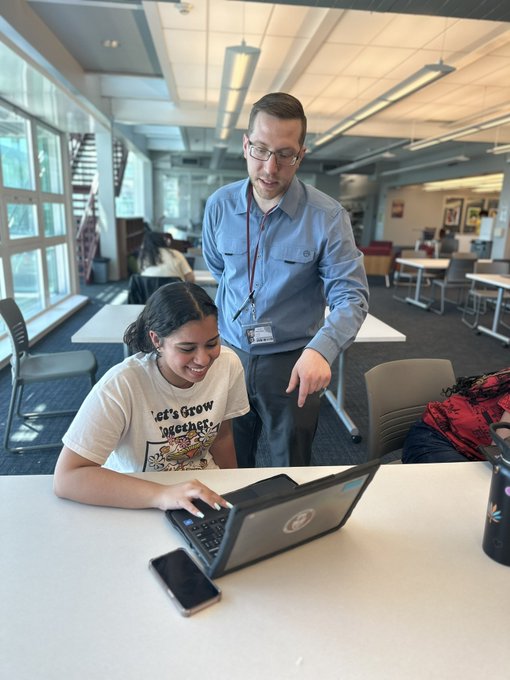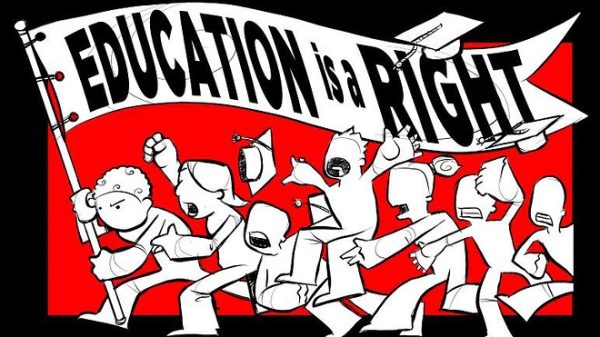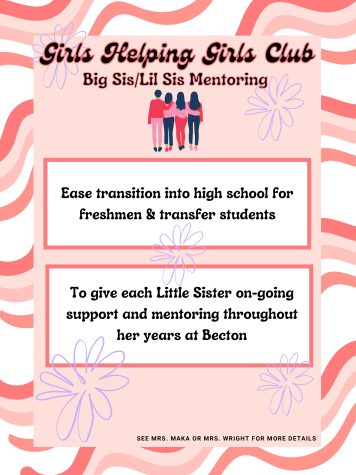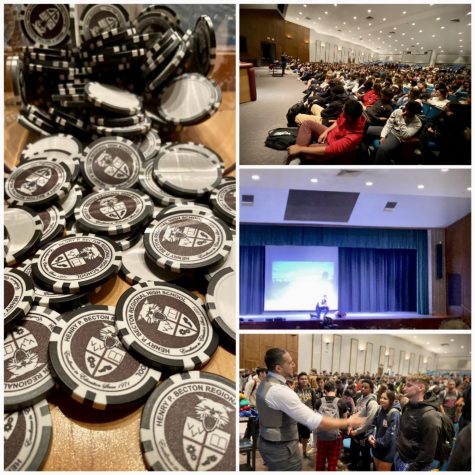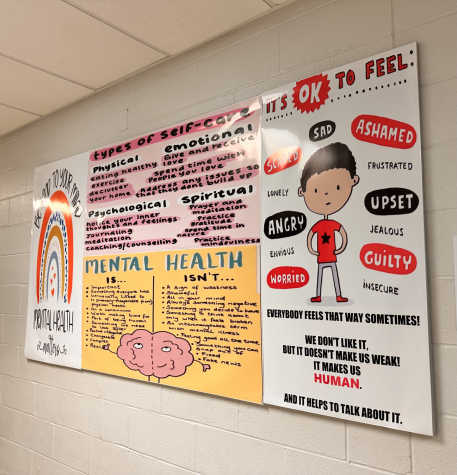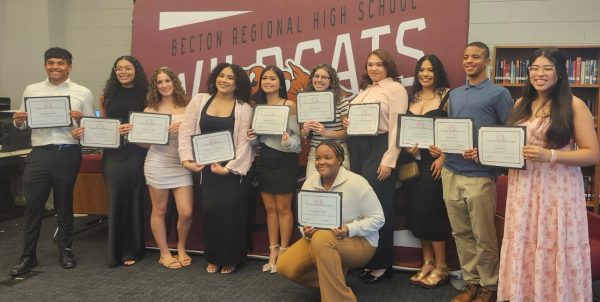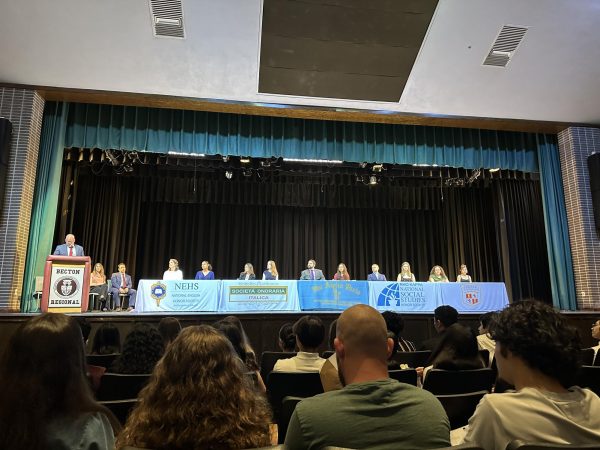Becton Offers First Ever After School SAT Preparation Program
This upcoming June, many Juniors at Becton and across the country will be taking the common standardized test known as the SAT. Originally called the Scholastic Aptitude Test, and later becoming the Scholastic Assessment Test, the SAT is an entrance exam used by most colleges and universities to make admissions decisions. The SAT is a multiple-choice, pencil-and-paper test created and administered by the College Board. The SAT exam is offered nationally every year in August, October, November, December, March, May, and June. The test is an integral part of the college application and admission process, which is why this year, Becton has decided to implement an after-school program dedicated to preparing students so they can perform to the best of their abilities when the test day arrives. Physics teacher, Mr. Walter Buhro, has happily taken on the responsibility of directing the first ever after-school SAT prep program in the history of Becton Regional.
Although the SAT can seem daunting, one of the positive aspects of the test is that students can retake the SAT in order to attempt at getting a higher test score. Most high school students take the SAT during the spring of their Junior year or fall of their Senior year. It’s important to leave time to retake the test if you need to raise your score before you apply to college.
The idea of the program originates from generous Becton alumnus offering funding for private SAT tutoring for two Becton students. The offer was taken into consideration by the guidance department who came to the conclusion that an after-school program would benefit more students. Buhro was a great candidate for running the course as he was an SAT tutor for 5 years. The program started this February and will run until the SAT this June.
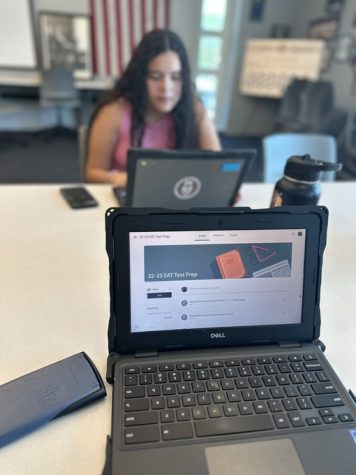 The SAT program will take place on Tuesdays and Thursdays from 2:35 pm – 3:50 pm. Students have the opportunity to sign up for either the Tuesday or the Thursday class. Buhro explains that all students who intend to submit their SAT scores to colleges will benefit from the program and that the course will focus on each individual due to the personalized training, so students of all score ranges can benefit.
The SAT program will take place on Tuesdays and Thursdays from 2:35 pm – 3:50 pm. Students have the opportunity to sign up for either the Tuesday or the Thursday class. Buhro explains that all students who intend to submit their SAT scores to colleges will benefit from the program and that the course will focus on each individual due to the personalized training, so students of all score ranges can benefit.
The program will cover all of the main four sections of the test. Buhro approaches the training by “Focusing on the topics that are most fundamental and are tested the most frequently on the exam. My strategies are designed to be easy to remember and simple to implement.” Buhro not only prepares the students academically, but emotionally as well. Test taking can be very nerve racking for many students which can severely impact their performance on the test. Buhro explains that he focuses on creating a mindset that aids in success for standardized tests. He goes on to note that “When students approach the exam with the correct mindset and implement the recommended strategies, they find considerable success on the SAT.”
Whether it be as small as a quiz or as big as a test such as the SAT, it is a good idea to study and be well prepared. When asked about the importance of preparation for the SAT both guided and independent, Buhro says, “On average, SAT preparation results in improvements of 150 – 200 points on the SAT. In isolated cases, SAT preparation can result in even bigger gains. Students who use either SAT tutoring or take a guided course do measurably better than students who try to teach themselves. Good SAT teachers and tutors have identified the fundamental skills and strategies for success, and so the students’ time is spent more efficiently.”
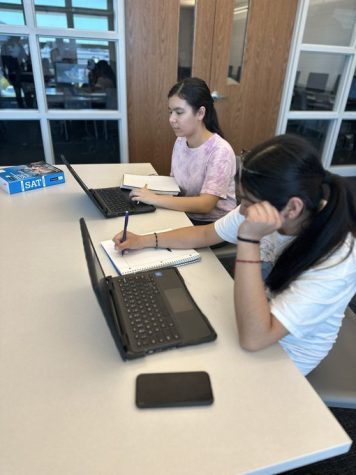 Although the SAT dates back to almost 1920 and is still extremely prevalent today, the test taking requirements for admissions set in place by universities are becoming less and less rigid. Standardized tests are by no means obsolete and are still necessary at many schools. It is interesting to see the changes that colleges have made within the past few years when it comes to testing and test scores. When asked about the importance of the test and the benefits overall Buhro insightfully explains, “The move towards test optional or test blind college admissions is an interesting phenomenon. Most, if not all, developed countries use standardized testing as an important part of their college admissions process. At this point the majority of colleges and universities either require the SAT/ACT or are test optional, rather than test blind. Research shows that having a good SAT score, even at test optional universities, is a benefit over not submitting a score. At this point, it is still better to try to get a good SAT score, rather than not taking it. However, the role of the SAT may change in the future.”
Although the SAT dates back to almost 1920 and is still extremely prevalent today, the test taking requirements for admissions set in place by universities are becoming less and less rigid. Standardized tests are by no means obsolete and are still necessary at many schools. It is interesting to see the changes that colleges have made within the past few years when it comes to testing and test scores. When asked about the importance of the test and the benefits overall Buhro insightfully explains, “The move towards test optional or test blind college admissions is an interesting phenomenon. Most, if not all, developed countries use standardized testing as an important part of their college admissions process. At this point the majority of colleges and universities either require the SAT/ACT or are test optional, rather than test blind. Research shows that having a good SAT score, even at test optional universities, is a benefit over not submitting a score. At this point, it is still better to try to get a good SAT score, rather than not taking it. However, the role of the SAT may change in the future.”
While this time of year tends to be very stressful for those taking exams, this program has been put in place with students in mind to help ease the test taking process and create an environment where success and positivity, along with knowledge, will help students take the SATs with peace of mind while earning a good score or improving on that score each time. To finalize, Buhro explains that there are about 15 to 20 students enrolled in the program and looks ahead, mentioning he is “Looking forward to continuing to grow the program next year.”
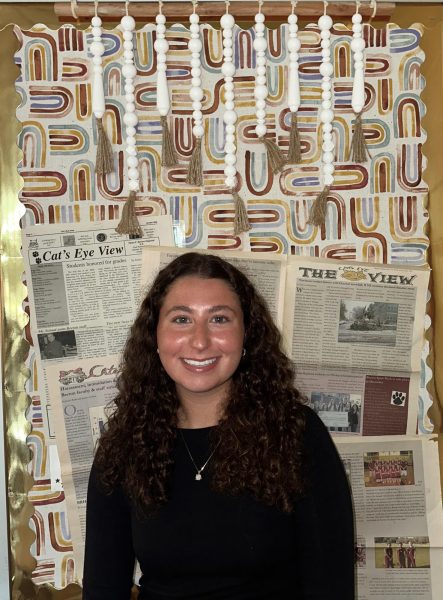
Olivia Busa is back for her third year as an editor for The Cat’s Eye View, and she is ready to make her senior year at Becton Regional unforgettable!...


